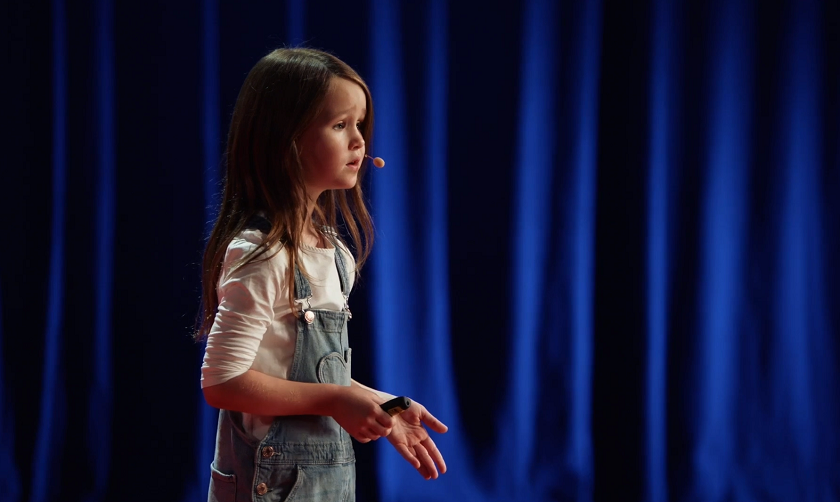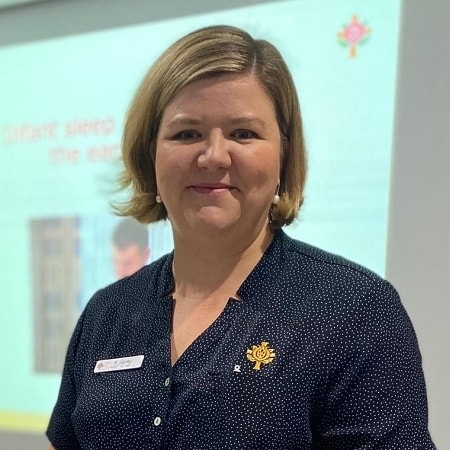Dr George Sim has interests in all aspects of paediatric ENT conditions, including obstructive sleep disorders, otitis media / ear infections, airway, voice and swallow disorders, and head and neck masses.
George answers the most commonly asked questions about a tonsillectomy.
Why would my child need a tonsillectomy?
There are a few common reasons your child might need a tonsillectomy. The main reasons include obstructive sleep disorder which generally refers to snoring, disruptive sleep and recurring tonsillitis. There are other indications which include impaired normal breathing from swollen tonsils/adenoids and severe throat infection seven times in a year, five in each of two years or three in each of three years.
How long does the surgery take?
The actual surgery is fast and precise. It only takes around 25-30 minutes on average. The entire procedure may take up to 60 minutes including the anaesthetic, before surgery and time spent in the recovery room.
Will my child feel pain?
It will be sore and uncomfortable; regular paracetamol and ibuprofen will be required. Sometimes the use of stronger pain relief is used for break through pain.
What are the major risks of a tonsillectomy?
The most prominent risks include pain after surgery and 3-5% change of haemorrhage during the recovery phase.
My child has to fast, but they are still breast fed. What do I do now?
Generally elective tonsillectomies are done in children two years and over so most will not be breast feeding. if they are, breast milk is actually considered solid, so fasting for this is necessary. Children can drink clear fluids up to 2 hours before the procedure.
Will my child go home on the same day as the surgery?
A tonsillectomy procedure requires the child to stay overnight in hospital with one parent/carer. This is because they will have either Intravenous Therapy (IV drip) or an IV cannula overnight which will be removed the next morning when your child is tolerating fluid and foods.
What should I do if my child starts bleeding after surgery?
Risk of bleeding is always possible during the two week recovery period. If it is excessive, a return trip to Emergency Department is required and your child will normally be admitted for observation overnight.
Does having no tonsils diminish my child’s health?
Not really. Most children prior to surgery are usually “sick a lot” with nasal congestion; runny nose; coughing etc. Typically, children’s overall health will increase after a tonsillectomy with improved sleep, improved breathing and better general health.
What foods can my child eat after surgery? What should they avoid?
Ideally they will start eating and drinking as soon as they are awake from the anaesthetic. Throughout recovery, it is ideal that all children get back to their regular diet as soon as possible. To be more specific, only fluids are ingested in the first two hours after the tonsillectomy and after this, your child can eat regular meals. Fluid intake is incredibly important to prevent dehydration.
What is the general recovery time?
On average, it takes two weeks to recover and be back to normal activities, although some children have a faster recovery time than this – which is fantastic! Recovery time includes staying home from school and avoiding sports and rough play. This is the time to encourage rest and quiet play including reading, puzzles and other entertainment.
What can I do to ensure a safe, speedy recovery?
Regular pain relief. Don’t wait for your child to be in pain as they may struggle to take their medication, eat or drink which puts them at risk of dehydration and bleeding.
Can my child get strep throat and other infections after getting tonsils removed?
The other parts of the throat can still get infected, even after a tonsillectomy, although it will be a lot less frequent than tonsillitis.
Is there any other information you would highly advise as an ENT specialist?
It is important to know that tonsillitis is only one reason why I perform tonsillectomies on children. Another health issue that is equally important is sleep obstruction from large tonsils and adenoids. They both affect the same area but are actually two different issues all together. A child does not need to have recurrent tonsillitis to have sleep issues. It is important to get your child checked out by your GP if they are suffering from noticeable sleep issues.








